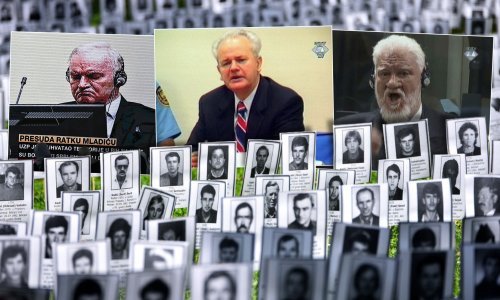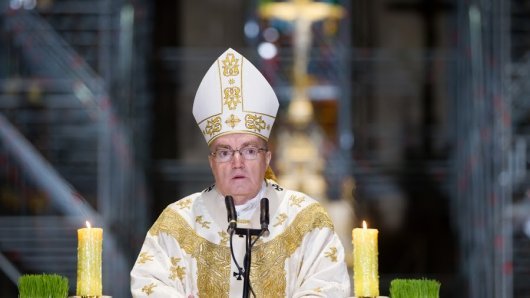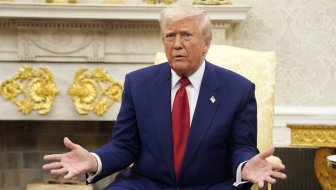The defence lawyers for a former Herceg Bosna defence minister, Bruno Stojic, called on the trial chamber of the Hague-based International Criminal Tribunal for the former Yugoslavia (ICTY) to acquit their client, claiming that the prosecution did not prove Stojic's liability for crimes committed during the war in Bosnia and Herzegovina in the first half of the 1990s.
Attorney Karim Khan said that only one conclusion could be made - that his client was innocent and should be released.
Senka Nozica, another lawyer representing Stojic, said that Stojic did not participate in a joint criminal enterprise and that the indictment was on a wrong footing as it gave a wrong picture of what lay at the heart of the Croat-Muslim conflict which she said could be reduced to different concepts of organisation of Bosnia and Herzegovina rather than to a plan to drive out Muslims.
The Muslims wanted Bosnia and Herzegovina to be a unitary state, while the Croats wanted it to be a decentralised and cantonalised state, Nozica said.
Her statement that the issue of a third entity was no longer a tabu, which was the case with Herceg Bosna, and that currently Bosnian Croat political representatives openly advocate the re-organisation of Bosnia and Herzegovina, with Croatia's top officials expressing concern over the position of the Croats in Bosnia, sparked off loud protests from Lead Prosecutor Kenneth Scott. The trial chamber advised him not to interrupt the closing statement of the defence team and to wait for an opportunity to respond to it later.
Nozica also said that being at the helm of Herceg Bosna's defence sector, Stojic did not wield any power over the military forces which she said were commanded by the Croat Defence Council (HVO) Main Staff.
Stojic is one of six former Bosnian Croat officials accused by the Hague tribunal of war crimes in the case file dubbed "Prlic and Others".
The defence team for General Slobodan Praljak, another one of the six indictees, today began presenting their closing argument, stating that the prosecution failed to prove that Croatia had territorial claims or that it was involved in an international armed conflict in Bosnia and Herzegovina.
Recalling that some witnesses said that former Bosnian Muslim leader Alija Izetbegovic, who used to be President of Bosnia and Herzegovina, had offered former Croatian President Franjo Tudjman the annexation of some parts of Herzegovina to Croatia, Praljak's lawyer Bozo Kovacic wondered "Why would Croatia wage a war for the territory it was offered?"
Leaders of the former self-styled Croat Community of Herceg Bosna - Prime Minister Jadranko Prlic, Defence Minister Stojic, HVO generals Praljak and Milivoj Petkovic, the commander of the HVO military police, Valentin Coric, and the head of the commission for the exchange of prisoners of war, Berislav Pusic - are accused of a joint criminal enterprise against Bosnian Muslims (Bosniaks) and other non-Croats in areas of Bosnia and Herzegovina which they wanted to annex to Croatia.
The prosecutors claim that the late Tudjman and other war-time Croatian officials were at the helm of that joint criminal enterprise.
Attorney Kovacic said today that Croatia's leadership had supported the survival of Bosnia and Herzegovina, recalling that Croatia was one of the first countries to recognise Bosnia and Herzegovina and help it during the war.
He recalled that Croats voted for Bosnia's independence at a referendum on its sovereignty.
He said that the HVO and Herceg Bosna were established for the purpose of defence against the military aggression launched by the Yugoslav People's Army (JNA).
Kovacic said that Praljak would address the court in the continuation of the presentation of his defence.






![[FOTO] Na Laništu opet naslikan mural Slobodanu Praljku, što će učiniti Tomašević?](/media/thumbnail/500x300/1598908.jpeg?cropId=0)
![[FOTO] Muškarac revoltiran uklanjanjem murala došao pred Gradsku upravu i pisao sprejem](/media/thumbnail/500x300/1568140.png?cropId=0)




























